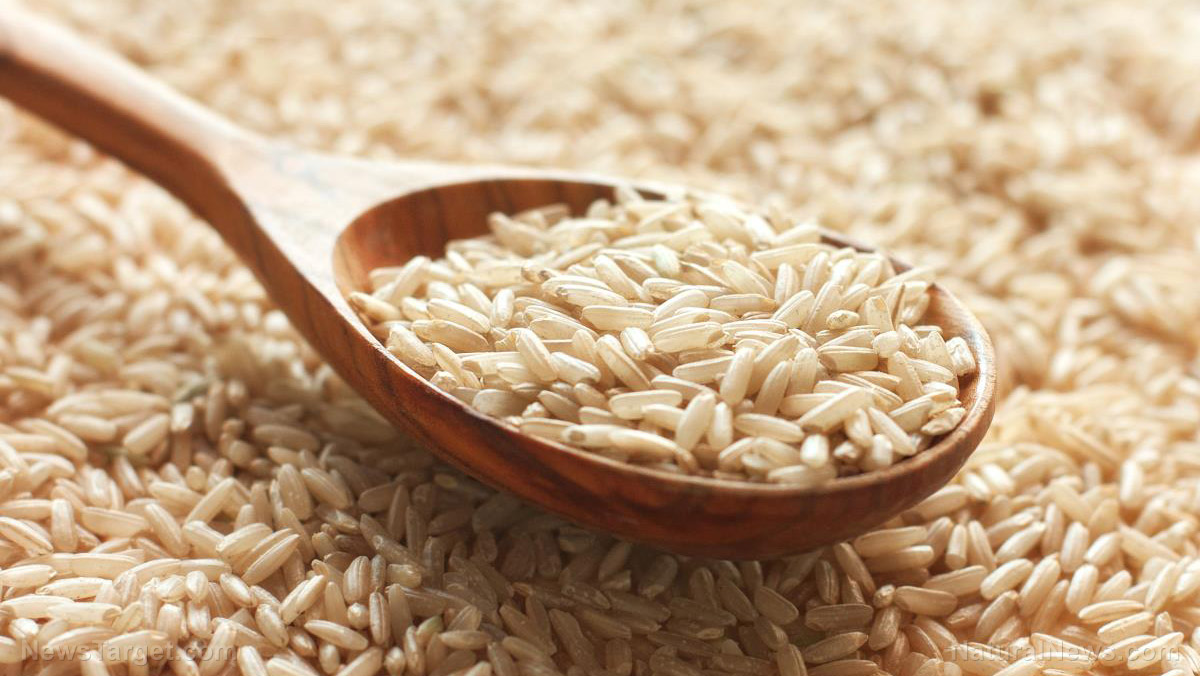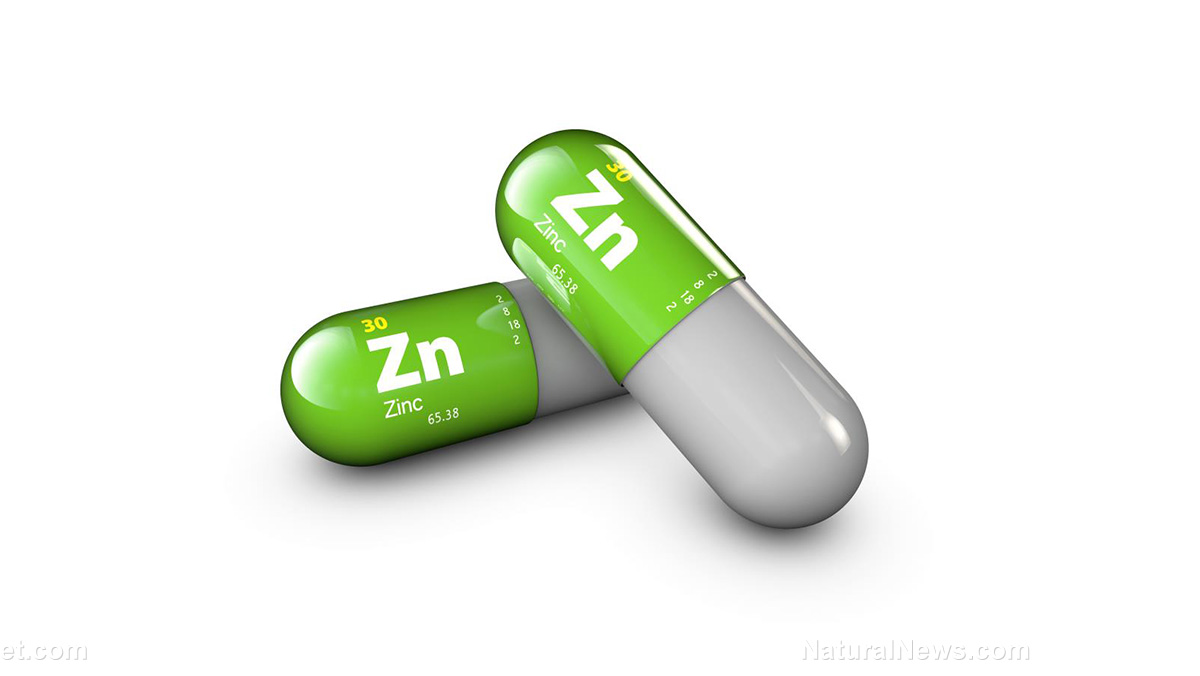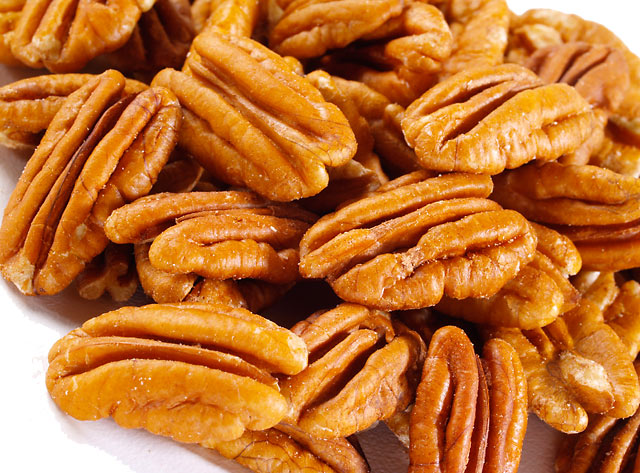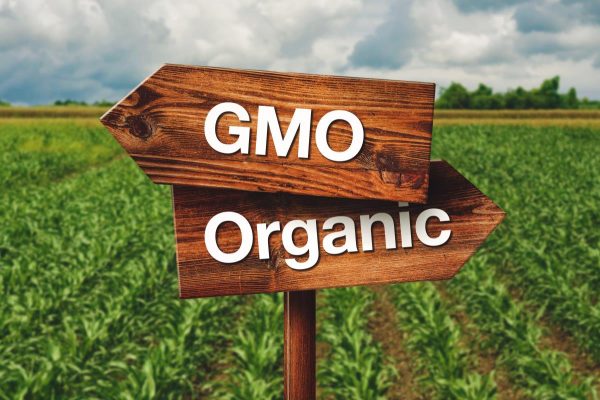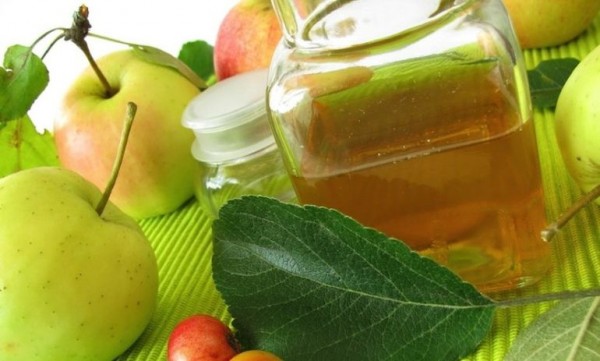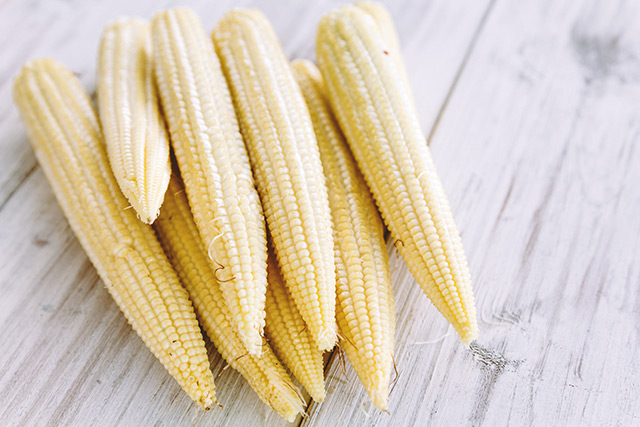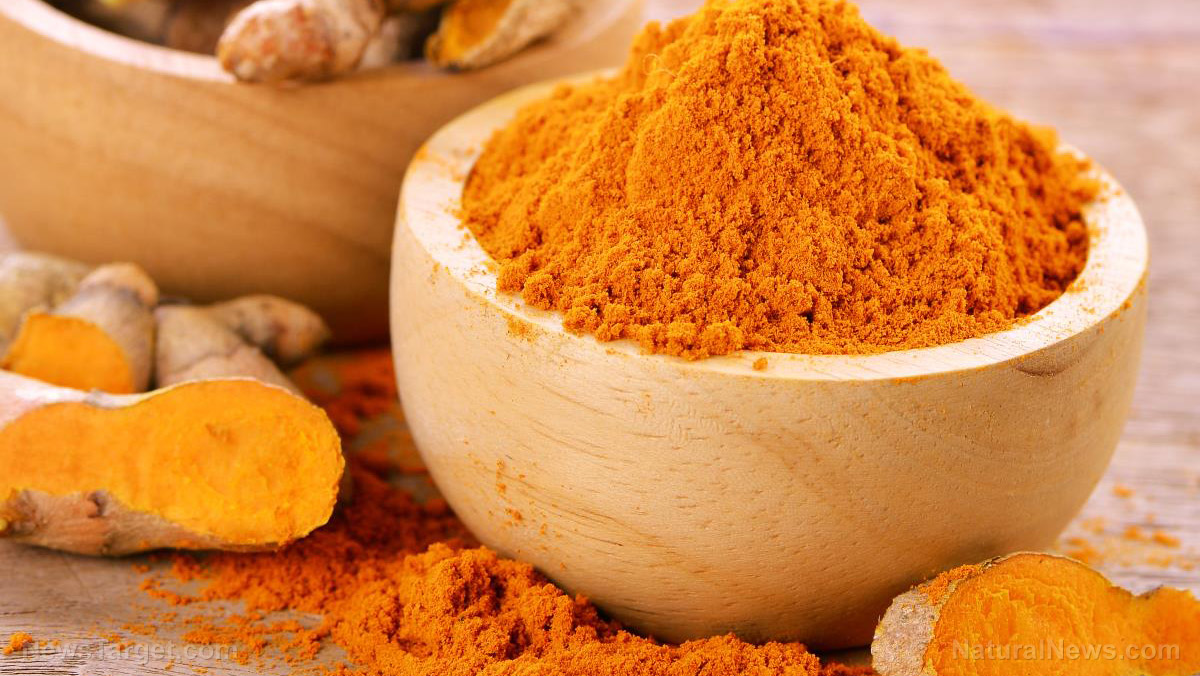If there’s one nutrient that we need to consume on a daily basis, it’s protein. Not only does protein help us maintain and build up muscle mass, it curbs hunger and makes us less likely to snack in-between meals. Obtaining protein is commonly associated with meat consumption, but eating too much meat can have ill-effects on our bodies. So how then do we go about ensuring we get our daily dose of protein? Definitely not by reaching for a big of chips, that’s for sure.
Potato chips and french fries are not foods that immediately spring to mind when you think of possible protein sources, yet that’s what one article from the DailyMail.co.uk is claiming. Written by one Angela Dowden, the article states outright that McCain brand potato chips can help you meet your recommended daily intake of protein.
“Potatoes are only two percent protein, but this serving size provides a good proportion of our daily needs. The flour coating also contains protein,” wrote Dowden. She then notes that a 220 g bag of 22 McCain chips can deliver 6.6 g of protein in total. Dowden further states that a bag of McCain chips is better than a large avocado in terms of protein content since an avocado is packed with a mere 3.7 g of protein.
If we’re going to judge foods solely by their protein content, then you can definitely do so much better than potato chips. The sheer variety of fruits and vegetables available on the market means that there has to be at least a few reliable sources of plant-based protein. And, blessedly, there are:
- Edamame – One cup of cooked edamame, or boiled green soybeans, can deliver 18 g of protein.
- Tempeh – For every three ounces of tempeh, you get 16 of protein. What’s even better is that tempeh is a fermented food and is therefore easier to digest for some people.
- Lentils – A half-cup serving will provide nine g of protein. Lentils have the added benefit of being low in calories too.
- Black beans – With 7.6 g of protein for every half cup of cooked black beans, a full cup can provide a fair amount of this important nutrient.
Unlike McCain chips, these foods won’t make you pack on fat. According to FatSecret.co.uk, a 100 g serving of McCain Home Chips is composed of 25 percent fat and 69 percent carbohydrates. Never mind that the flour coating is also supposed to be a decent source of protein, in her own words. The cons far outweigh the pros, simple as that.
Dowden doesn’t seem to think so, however, because she wrote: “Although deemed an indulgence, chips can be more effective for diets.”
A lot of other foods are “effective for diets”, and none of them are as heavily processed or fat- and carbohydrate-laden as a big of chips.
Her other suggestions for plant-based protein sources were better than chips (such as quinoa, humus, and cashews), yet she seemed fixated on these unhealthy potato products. (Related: Plant-Based Protein Is Becoming Increasingly Popular.)
There’s nothing wrong with enjoying something indulgent every once in a while, but trying to pass it off as something that’s truly and totally good for you just won’t do.
If the comments section is anything to go by, Dowden’s propaganda-tinged love letter to potato chips was at least met with the reactions it deserved. As the top comment by user Graelwyn goes: “Avocado isn’t about the protein for goodness sake, it is about the healthy fats and vitamins. Do some research before writing such a ridiculously misleading article. Throw half an avocado with some chicken, rice and vegetables and you have a very healthy, balanced meal. It might not be as enticing as fast food, but if packs much more of a nutritional punch and is a lot more filling.”
Visit FoodScience.news for similar stories.
Sources include:
DailyMail.co.uk
Prevention.com
FatSecret.co.uk


